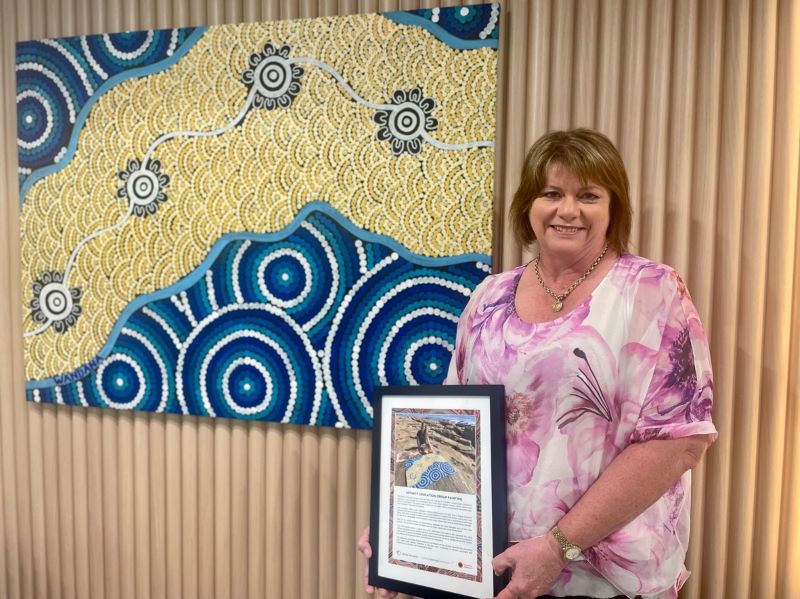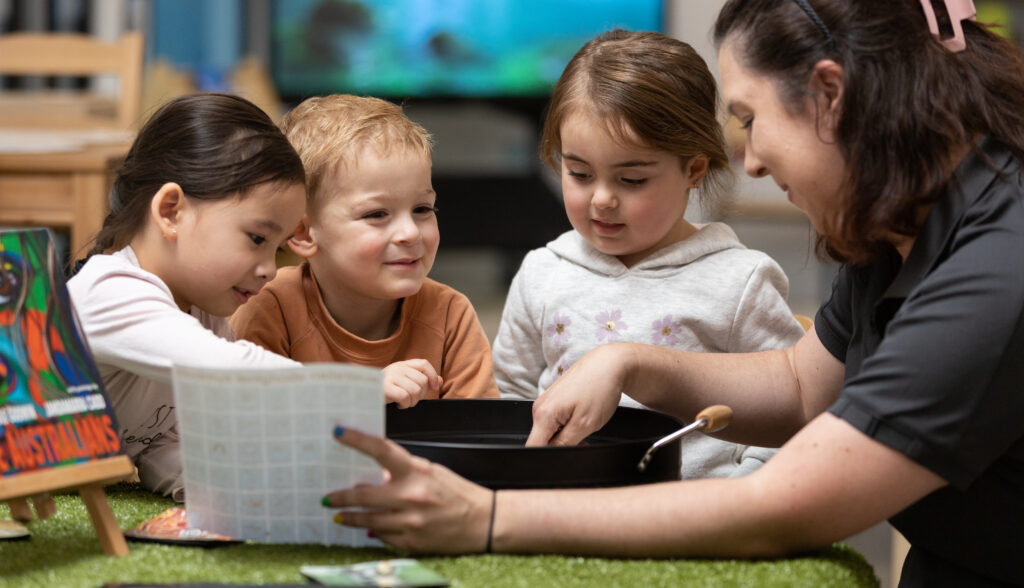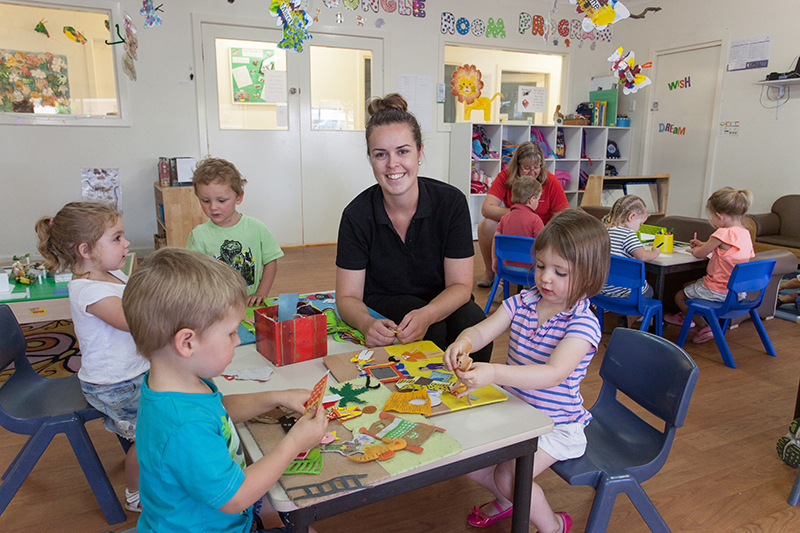Lifelong Learning Curriculum
Our Lifelong Learning Curriculum is Australia’s most progressive approach to early education for children from birth to five. Our curriculum focuses on what children learn, how children learn and where children learn as; babies, toddlers and older 3-5-year-olds. Our Lifelong Learning Curriculum draws on current research, evidence-informed practices and specific programs in each age group, such as The Circle of Security in our babies’ rooms, Abecedarian Language Priority for our Toddlers and Inquiry-Based Learning Projects for older children. We are also proud to offer children access to our unique programs to Affinity, including our Big Thinkers STEM, Aussie Wildlife Champions, Positive Living Skills and Grandfriends programs.

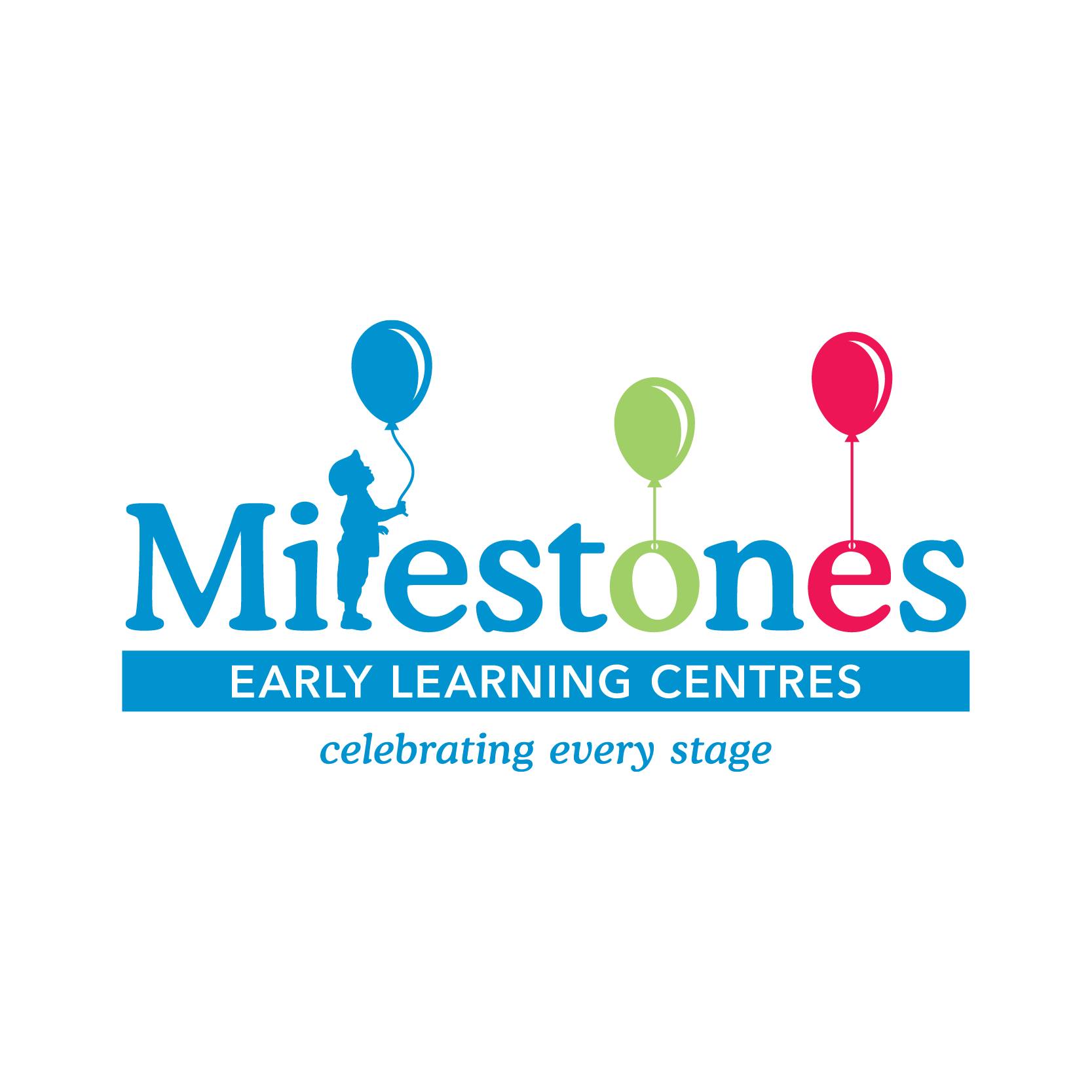
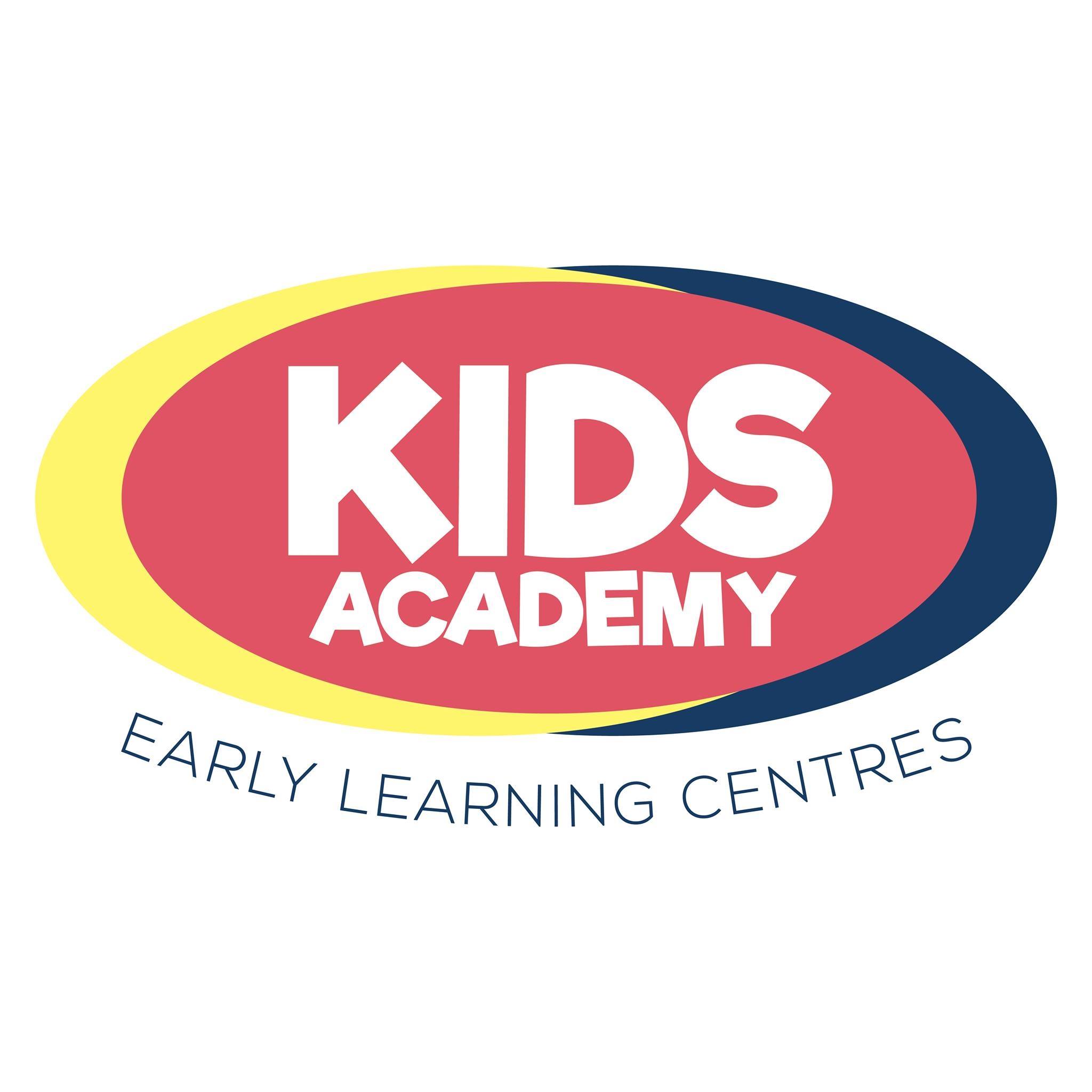
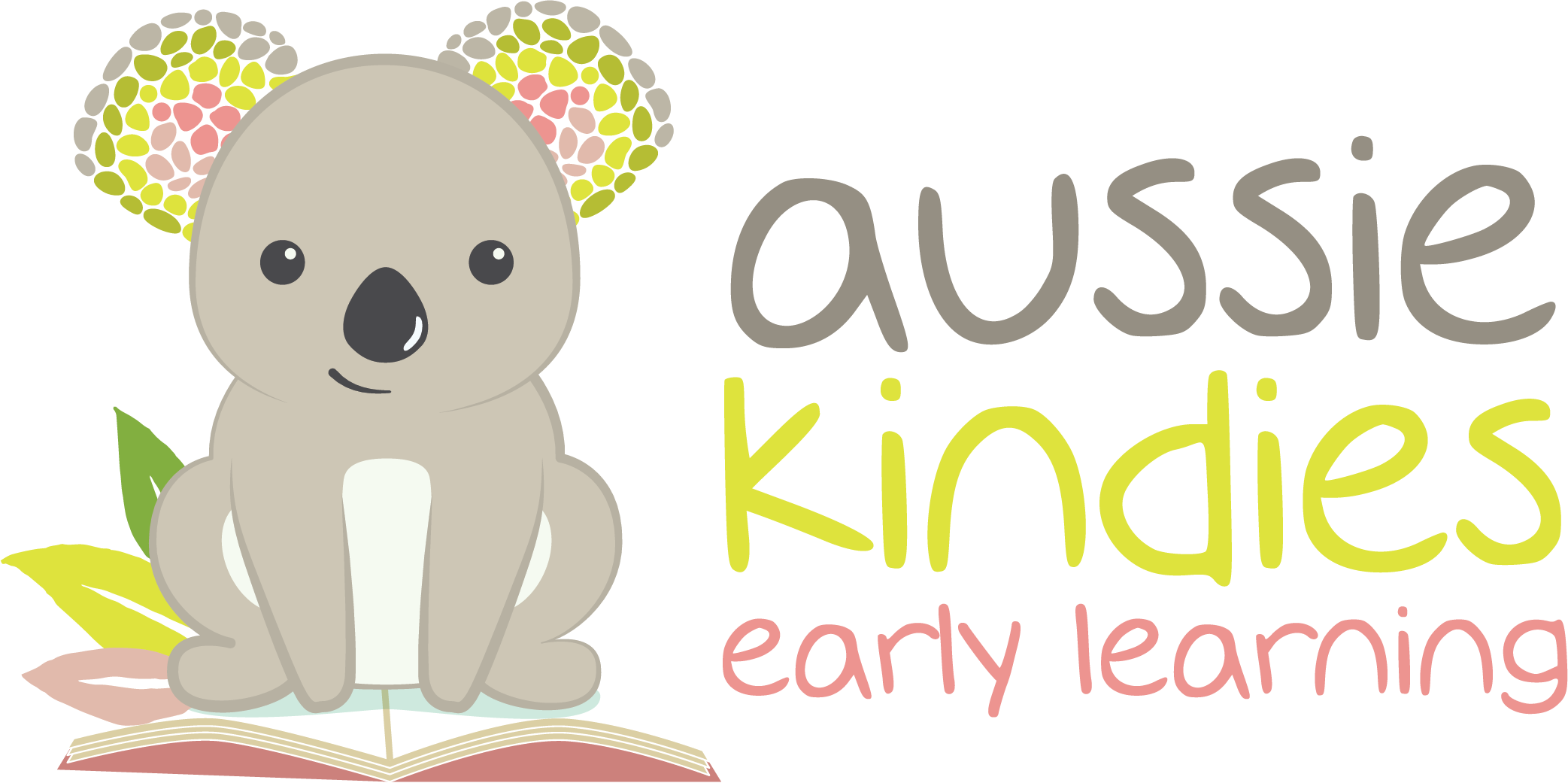
Our Early Learning Centres realise potential through the Lifelong Learning Curriculum, developed and trained by Affinity Education.
Need help accessing the Commonwealth Government Child Care Subsidy? We’re here to help with information, tools and calculators.
We encourage families to book a tour at your local centre. Use our easy centre finder to start your journey with us.
Our Difference
Inspiring children to reach their full potential.
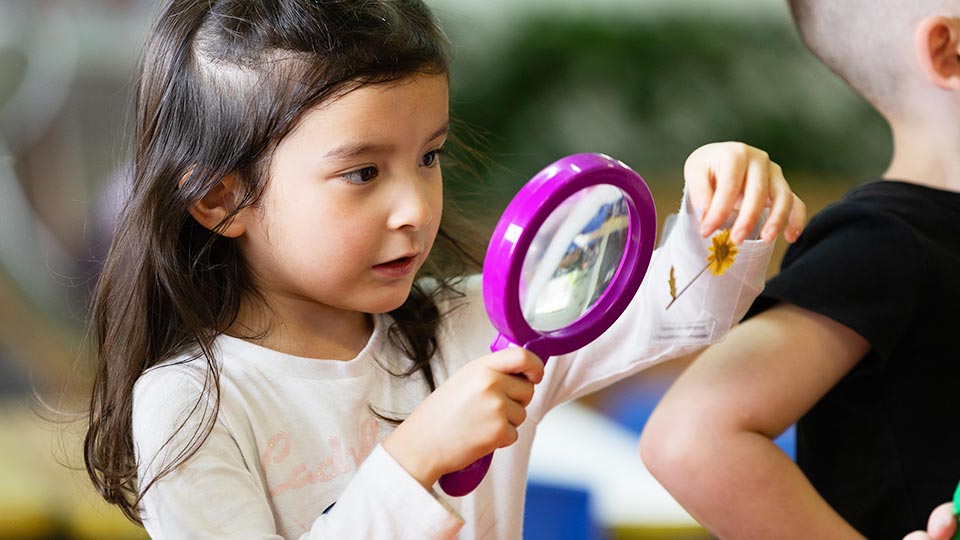
Lifelong Learning Curriculum
Developed by Affinity Education, our educators and Early Learning Teachers are trained in the Lifelong Learning Curriculum.
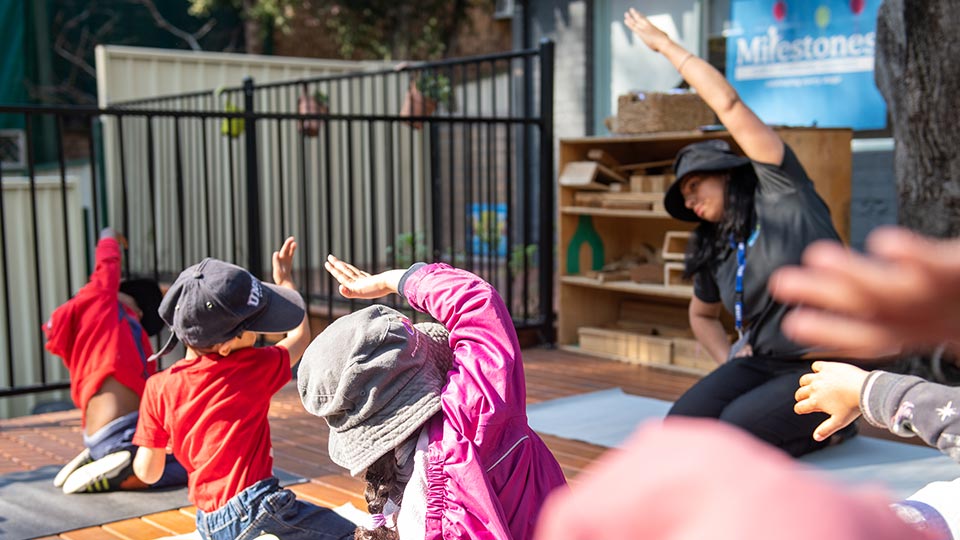
Health and Wellbeing
Our Educational programs, incursions, excursions, events and daily activities are based on health and wellbeing themes.
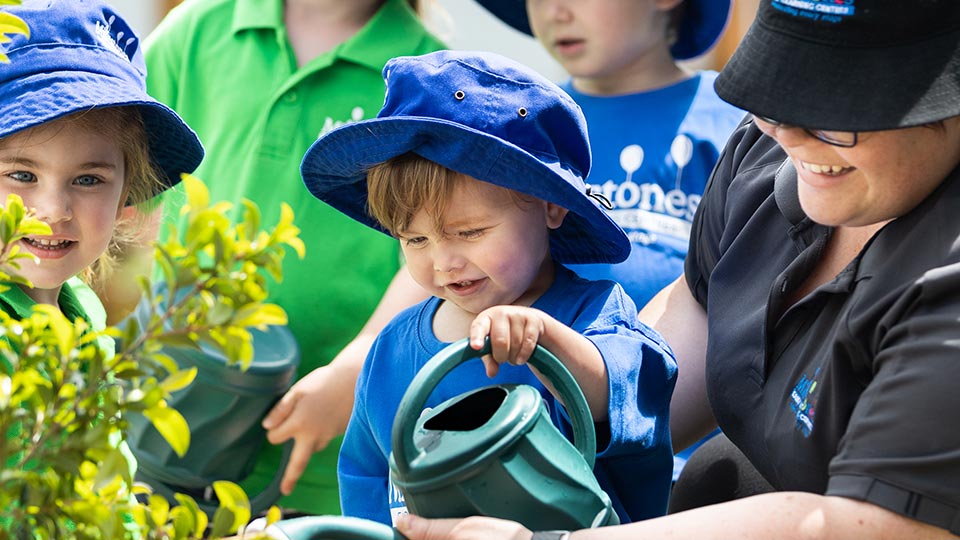
Sustainability Activities
Sustainable practices including gardening, care of centre pets, recycling stations, electricity conservation and more.
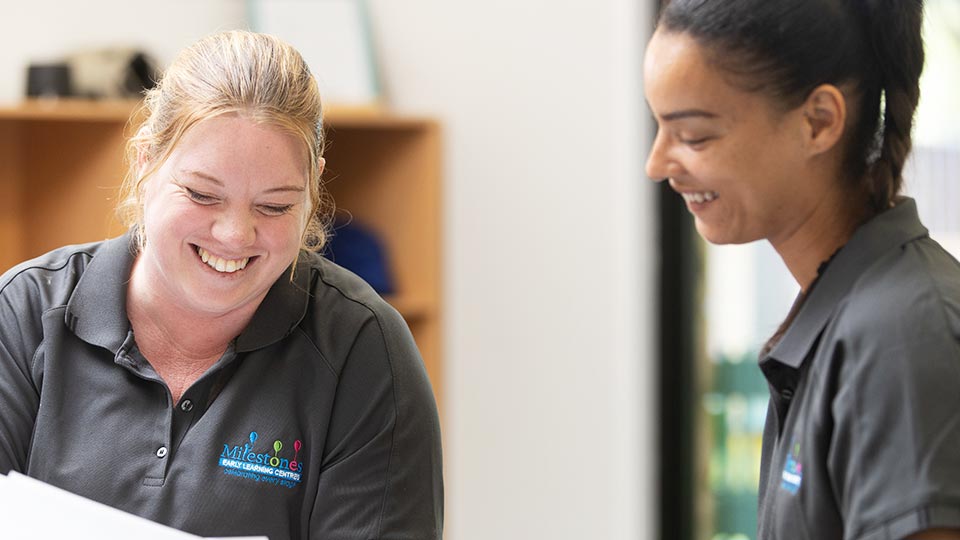
Our Quality Commitment
We thrive on excellence – from the way we implement our curriculum through to our commitment to safe, high-quality services.
Our Educational Programs
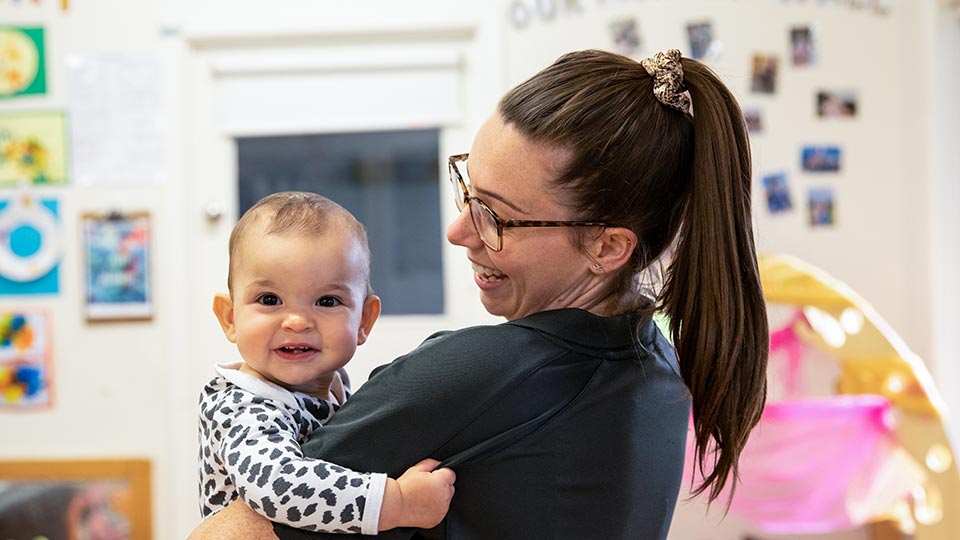
Healthy Beginnings Curriculum
The Lifelong Learning Healthy Beginnings Curriculum emphasizes the establishment of secure attachments and positive relationships between babies and educators through the use of the Circle of Security and learning zones focused on play schemas that support babies physical and intellectual development. We know your baby’s earliest emotional, social and physical experiences will directly impact their future resilience and well-being, and we are here to support that journey. Our qualified educators are trained and accredited by Affinity Education Group in the Lifelong Learning Curriculum.
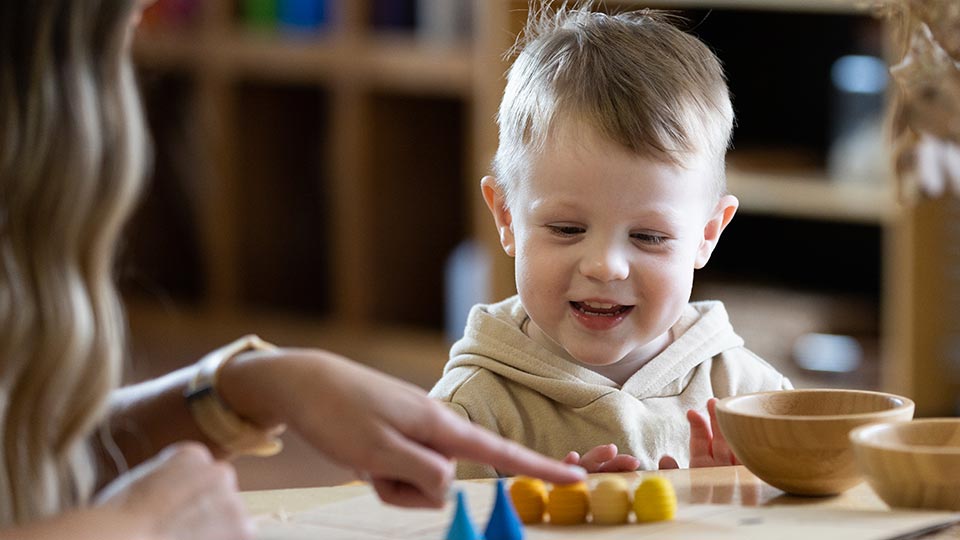
Early Experiences Curriculum
We know your toddler is ready to socialize, make friends and be introduced to new challenges in a safe and nurturing environment. Our qualified childcare educators are trained and accredited in the Lifelong Learning Curriculum by Affinity Education Group. The Lifelong Learning Early Experiences Curriculum emphasizes the development of Toddlers’ language and social development using the Abecedarian approach within our intentional learning zones focused on play schemas that support toddlers' physical and intellectual development.
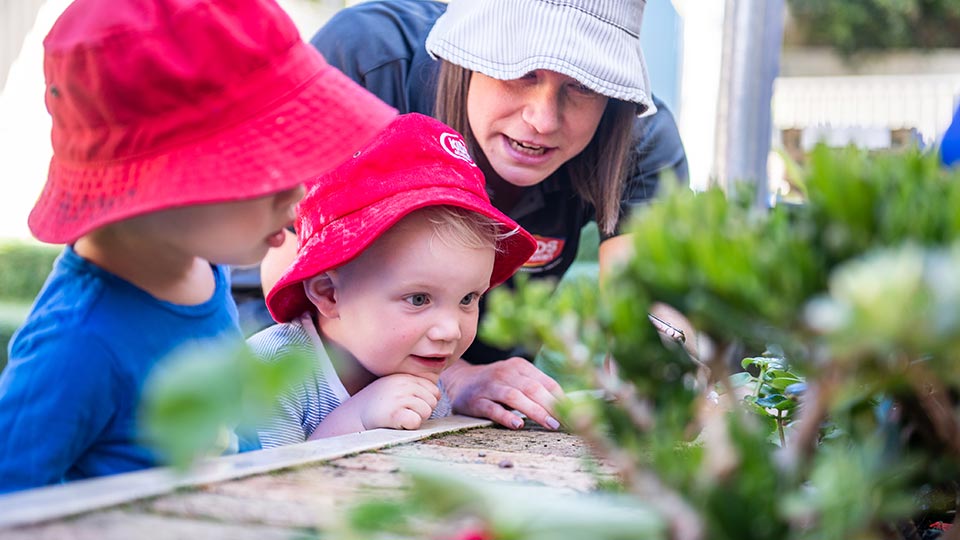
School Readiness Curriculum
The Lifelong Learning School Readiness Curriculum for 3-5-year-olds emphasizes enquiry-based projects and foundation academic skills to support children’s development of key 21st-century school-readiness.
